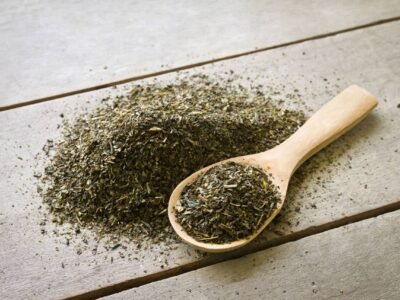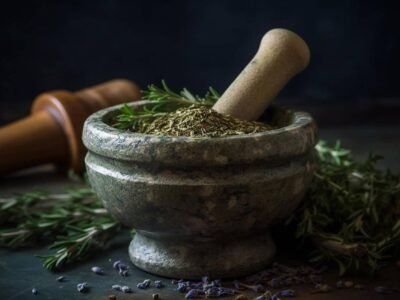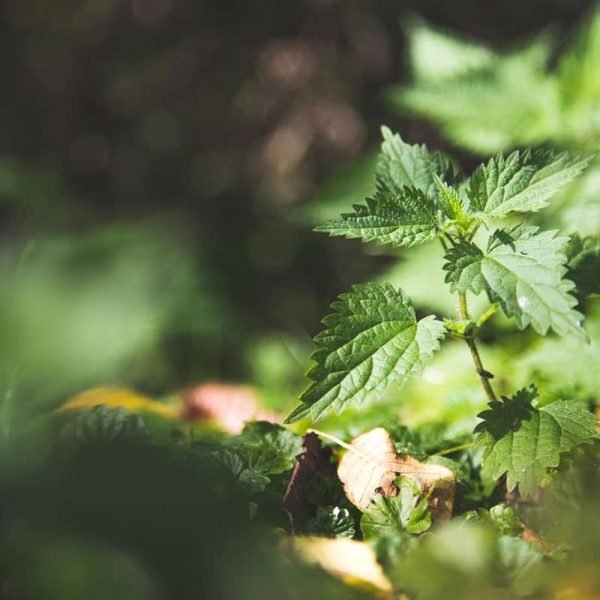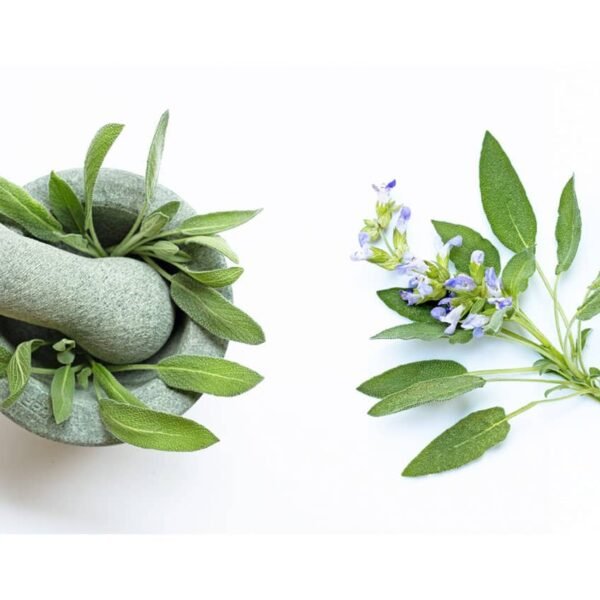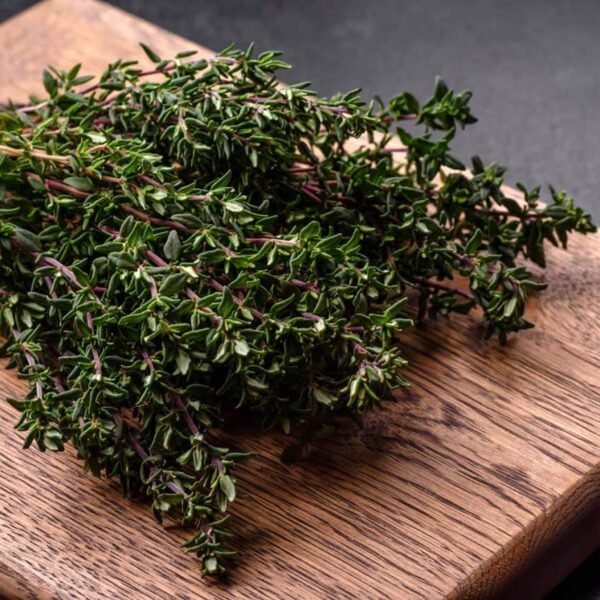Echinacea, a flowering plant native to North America, has long been recognized for its potential health benefits. Also known as the purple coneflower, Echinacea has been used for centuries by Native American tribes in traditional medicine practices. It is widely consumed in various forms such as teas, supplements, and extracts.
This remarkable plant has gained significant attention in recent years for its potential health benefits, particularly in boosting the immune system and alleviating symptoms of the common cold and flu. With its rich history rooted in traditional medicine practices of various indigenous tribes, Echinacea has now become a popular herbal remedy worldwide.
Whether you are curious about natural remedies or seeking alternative ways to support your immune system, join us on this journey through the world of Echinacea and discover what it has to offer.

Overview of Echinacea
Echinacea, a flowering plant native to North America, has garnered significant attention in recent years due to its potential health benefits. Also known as the purple coneflower, Echinacea has a long history of use in traditional medicine for various ailments, particularly those related to the immune system.
Today, it is widely available as a dietary supplement and commonly used to prevent or treat common colds and flu symptoms. However, there is still ongoing debate among experts regarding the effectiveness of Echinacea and its therapeutic applications.
This article aims to provide an overview of Echinacea by examining its history, traditional uses, active compounds, potential health benefits, and current scientific research to comprehensively understand this popular herbal remedy.
Health Benefits of Echinacea
Echinacea, also known as purple coneflower, is a popular herb commonly used for its potential health benefits. This perennial plant is native to North America and has been used for centuries by Native Americans to treat various ailments. Echinacea extract contains active compounds such as flavonoids, polysaccharides, and alkamides that are believed to contribute to its medicinal properties.
One of the main health benefits of echinacea is its ability to boost the immune system. Research suggests that this herb may help stimulate the production of white blood cells, which play a critical role in fighting off infections and diseases. It has also been found to increase the activity of natural killer cells, which are responsible for identifying and destroying harmful pathogens in the body.
In addition to its immune-boosting properties, echinacea has shown a potential to reduce symptoms of upper respiratory tract infections like the common cold. Studies have demonstrated that taking echinacea supplements can help decrease the severity and duration of cold symptoms when taken at an early stage.
Moreover, some research suggests that echinacea may possess anti-inflammatory properties, which can alleviate pain and swelling associated with conditions like arthritis or skin irritations.
Overall, echinacea offers a range of potential health benefits due to its immune-boosting and anti-inflammatory properties. While further research is needed to fully understand its mechanisms and effectiveness in treating specific conditions, incorporating this herbal remedy into your wellness routine may support overall health and well-being.

History and Uses of Echinacea
Echinacea, also known as the purple coneflower, is a herbaceous flowering plant that belongs to the daisy family. The history of Echinacea dates back to Native American tribes who used it for medicinal purposes. They primarily used its roots and leaves to treat various ailments such as infections, wounds, and snakebites. European settlers in North America later adopted the plant’s healing properties.
In the 19th century, Echinacea gained popularity among herbalists and was commonly used as a remedy for colds and flu. Its effectiveness in boosting the immune system became widely recognized during this time. As modern medicine advanced, interest in natural remedies declined temporarily, but Echinacea regained its popularity in the late 20th century due to increased demand for alternative medicine.
Today, Echinacea is widely used as an herbal supplement believed to enhance the immune system and reduce symptoms of respiratory infections such as colds and flu. It is available in various forms including capsules, teas, tinctures, and creams. Although scientific research on its efficacy has yielded mixed results, many people continue to use Echinacea for its potential health benefits.
Different Types of Echinacea
Echinacea, also known as coneflower, is a vibrant and popular herb that belongs to the daisy family. It has been used for centuries in traditional medicine due to its potential health benefits. While there are several species of Echinacea, three main types stand out: Echinacea purpurea, Echinacea angustifolia, and Echinacea pallida.
Echinacea purpurea is perhaps the most common type of echinacea found in herbal supplements and teas. It is recognized for its distinct purple-pink flowers and robust medicinal properties. This type of echinacea stimulates the immune system, making it a go-to remedy for fighting colds and flu.
On the other hand, Echinacea Angustifolia is known for its narrow leaves and pinkish-purple flowers. This species has become an effective natural remedy for various respiratory conditions like bronchitis and tonsillitis. Its roots are particularly rich in active compounds that can help alleviate symptoms associated with these ailments.
Lastly, Echinacea pallida stands apart with its pale purple petals and unique cone-shaped flowerheads. Like other types of echinacea, this variety boosts immune function and exhibits anti-inflammatory properties that make it a valuable herb in managing conditions like arthritis or inflammatory bowel disease.
Overall, understanding the different types of echinacea can be helpful when choosing which one suits your needs best.
Precautions When Taking Echinacea
Echinacea is a popular herbal remedy that is commonly used to prevent or treat the common cold, boost the immune system, and alleviate symptoms of respiratory infections. While generally considered safe for most people when taken as directed, certain precautions should be considered.
Firstly, individuals with autoimmune disorders, such as lupus or rheumatoid arthritis, should exercise caution when taking echinacea as it may stimulate the immune system and potentially worsen their condition. Individuals allergic to plants in the daisy family, including ragweed and chrysanthemums, may also experience an allergic reaction to echinacea.
Secondly, pregnant or breastfeeding women should consult with their healthcare provider before taking echinacea. Although there is limited research on the safety of echinacea during pregnancy or lactation, it is recommended to avoid caution and avoid using it unless specifically advised by a healthcare professional.
Moreover, individuals with certain medical conditions such as diabetes or liver disease should also seek medical advice before starting any treatment with echinacea due to its potential interaction with medications and its effects on blood sugar levels and liver function.
While Echinacea can offer numerous health benefits for many people when taken appropriately, certain precautions must be considered before incorporating it into your wellness routine.

Frequently Asked Questions About Echinacea
When should you not take echinacea?
Individuals who have leukemia, diabetes, tuberculosis, multiple sclerosis, AIDS or HIV, connective tissue disorders, any autoimmune diseases, or potentially liver disorders are advised against consuming echinacea. There is a level of apprehension regarding the potential of echinacea to diminish the efficacy of immune-suppressing medications.
Is it safe to take echinacea everyday?
Echinacea, a popular herbal supplement known for its potential immune-boosting properties, raises questions about its safety when taken daily. Many individuals wonder if it is safe to incorporate echinacea into their daily routine as a preventative measure against colds and other infections.
While echinacea has been used for centuries in traditional medicine, recent scientific studies have shed light on the potential risks and benefits associated with regular use.
Firstly, it is important to note that echinacea has shown promising results in stimulating the immune system and reducing the duration of cold symptoms. However, prolonged use of this herb may lead to adverse effects such as upset stomach, dizziness, or allergic reactions.
Echinacea contains certain compounds that can interact with liver enzymes and potentially cause hepatotoxicity. Prolonged use of echinacea has been associated with liver damage and elevated liver enzyme levels in some individuals. Therefore, it is crucial to limit its consumption.
Additionally, some studies suggest that continuous use of echinacea can decrease its effectiveness over time due to the body’s ability to develop a tolerance towards the herb.
What does echinacea do for the brain?
Studies have shown that echinacea contains various compounds, such as caffeic acid derivatives, alkamides, and polysaccharides, which possess antioxidant and anti-inflammatory properties. These compounds can help reduce oxidative stress and inflammation in the brain, both of which are linked to cognitive decline.
Studies have shown that echinacea, a popular herb known for its immune-boosting properties, may also have a surprising benefit: it can help reduce anxiety. Researchers have discovered that echinacea has an anxiolytic effect, meaning it can promote a sense of calm and relaxation.
This finding is particularly noteworthy as anxiety disorders affect millions of people worldwide and finding alternative treatments with fewer side effects is crucial.
In one study conducted on rats, the researchers administered echinacea extract to the animals and observed their behavior in anxiety-inducing situations. The results showed that the rats receiving echinacea exhibited significantly less anxious behavior than those in the control group.
These findings support the idea that echinacea may indeed possess anxiolytic effects, potentially translating into similar benefits for humans.
Will echinacea help you sleep?
Echinacea, the popular herbal remedy known for its potential immune-boosting properties, has been praised by many for its alleged ability to induce sleepiness. However, contrary to these claims, there is insufficient evidence to support the notion that echinacea actually makes you sleepy. While anecdotal experiences can be compelling, it is important to rely on scientific research when evaluating the effectiveness of any herbal supplement.
Conclusion
In conclusion, Echinacea can be a beneficial herb for boosting the immune system and fighting off common illnesses. Its various active compounds, such as flavonoids and polysaccharides, have been found to have immunomodulatory effects that can enhance the body’s natural defense mechanisms. Additionally, Echinacea has shown potential in reducing the severity and duration of colds and respiratory infections.
Furthermore, research suggests that Echinacea may also have anti-inflammatory properties, making it useful for relieving symptoms of conditions like rheumatoid arthritis or skin irritations. However, it is important to note that while Echinacea has been widely studied for its potential health benefits, more research is still needed to understand its effectiveness and safety profile fully.
Overall, Echinacea appears to be a promising herbal remedy with immune-boosting properties. As always, it is advisable to consult with a healthcare professional before incorporating any new supplements or herbs into your routine.




